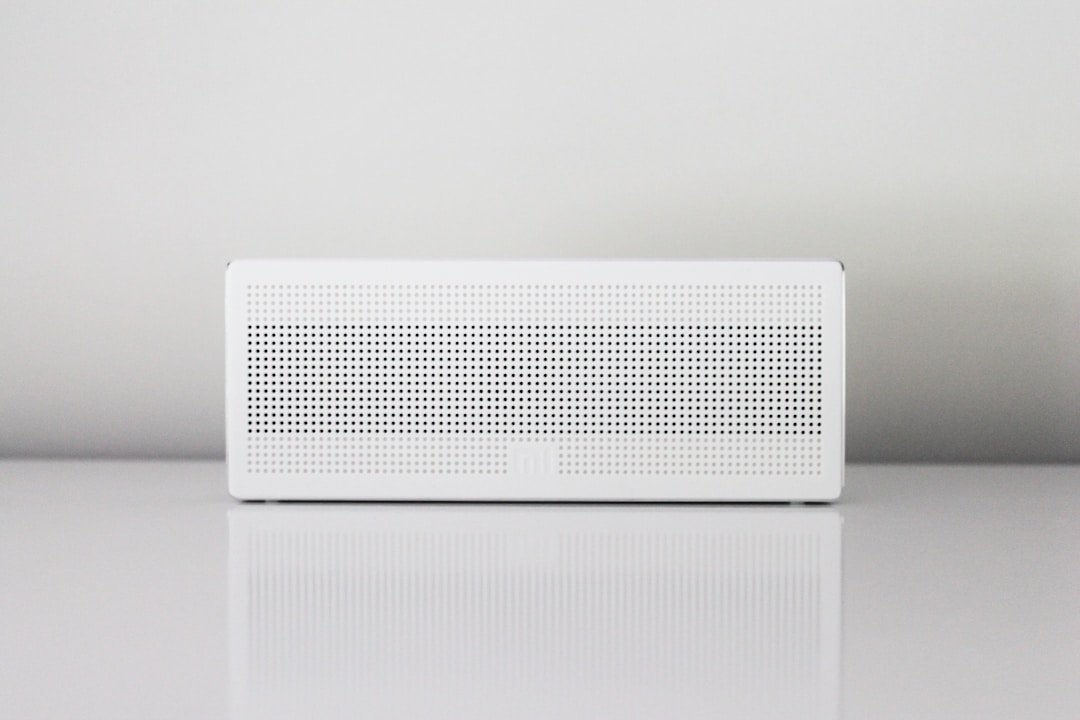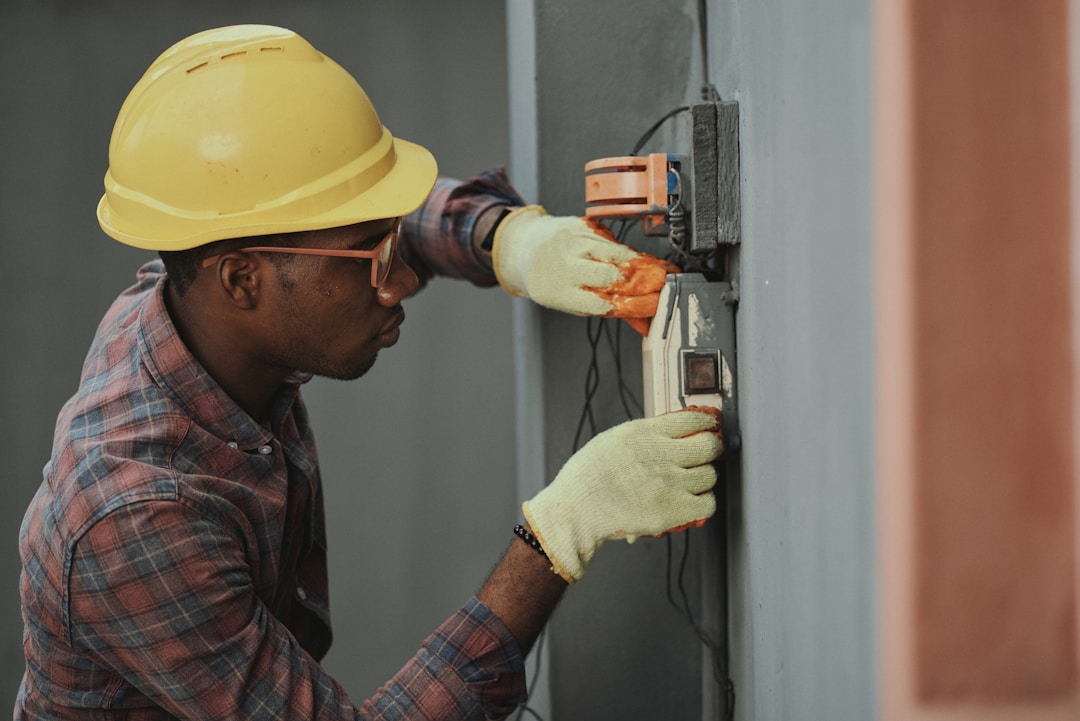There are several reasons why improving the air quality in your home is essential. Allergens can irritate your body’s immune and respiratory systems, leading to coughing, sneezing, and stuffed-up sinuses. Clean air is free of odors and nourishes our lungs with healthy oxygen. Healthy oxygenation is imperative for our muscle and brain function. It may be challenging to tell what state your air quality is in until it becomes a problem. Thankfully, there are a few ways to promote clean air inside your household.
1. Declutter your space.

One of the most significant contributors to the buildup of dust particles is clutter. Keeping your space organized can be difficult when you own a lot of items. The things we place into our closets, garage, and attic would often be better off in a self-storage unit. For example, Christmas ornaments, camping equipment, and seasonal clothing are unnecessary to have on hand year-round. These items are typically used for only a part of the year, so why should they be taking up space and collecting dust in your home year-round?
Store your clothes in a storage unit. Unconditioned spaces like your garage and attic are rarely climate-controlled. Unfortunately, moisture from humidity can be detrimental to your belongings. Excess moisture and storage items like cardboard boxes are breeding grounds for mildew and mold, both harmful allergens that pollute your air with irritating particles. Switching to plastic bins is a good way to avoid moisture damage, but it doesn’t address the dust mites your items accumulate in your home. A storage unit is an excellent way to keep your minimally-used possessions protected and out of the way.
2. Select an air purifier.

Air purifiers are an excellent means of supporting healthy airflow. Air filters also process your air for pollutants. In addition to removing the pollutants before expelling the circulated air, an air purifier can indicate the levels of allergens in the oxygen you breathe every day. A purifier is a great way to both monitor your clean air delivery and provide additional filtration. If you suffer from allergies or respiratory issues like asthma, a cleaner can help you identify and avoid triggers.
Increased airflow also enhances the freshness of the air you breathe. The best option for you will depend on your room size and the number of allergens in your home. Before you choose an air cleaner for your home, consider your current home situation. For example, you may suffer from increased allergy symptoms when you go to bed at night. In that case, you will likely need a bedroom air purifier for additional support. Those with cats or dogs may have increased pet dander and therefore require a larger air purifier to go into common spaces that your pets frequent, like the den.
3. Ensure your HVAC unit receives routine maintenance.

While an air purifier is a great way to support healthy airflow, your air quality is mainly affected by the well-being of your HVAC system. The buildup of dust or mold in your HVAC system can lead to an increased concentration of air pollutants, which can be detrimental to your air quality. It is a good idea to set up routine maintenance for your HVAC system with a professional technician. DIY HVAC system maintenance is dangerous and can result in more problems than it can resolve.
For instance, mishandling of your ductwork can create spaces or cracks in your ducts that allow copious amounts of air to escape. These flaws can significantly increase your utility bills and waste energy. The best way to evaluate your air quality is by hiring a professional to inspect your air handling system.
Clean air is vital for our health. A healthy HVAC system can ensure that air from outside is appropriately filtered before it enters your home. Then, with the support of an air purifier, you can measure the number of allergens inside your home and reduce the amount that circulates in your air supply. Removing seldom-used items from your space can minimize your cleaning efforts and maximize your clean, dust particle-free air.